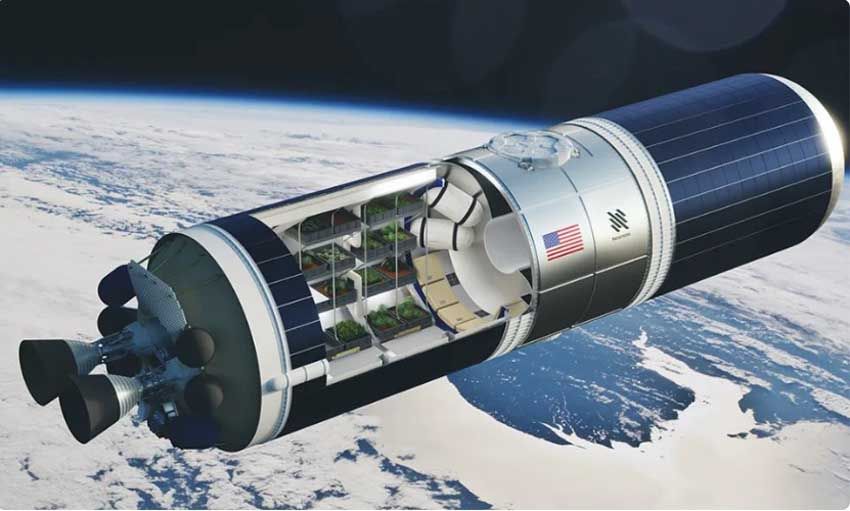Loading…
For the first time, Nanoracks is testing technology to slice or destroy space junk in orbit. Photo / Nanorack / TechCrunch
The technique demonstrated in the Transporter-5 mission earlier this year is called friction milling, using a cutting tool that operates at high revolutions per minute to soften the metal. The goal of this mission is to cut a piece of corrosion-resistant metal, similar to the outer shell of the United Launch Alliance’s Vulcan Centaur, and commonly known as space debris.
The whole demonstration lasted about a minute. The main goal, to cut a small sample of steel, is successfully completed. The process was carried out in collaboration with Maxar Technologies, which developed a robotic arm that performs the cuts.
Read also; The Chinese space object falls in India
The arm uses a commercially available friction grinding tip effector and the entire structure is placed on the spacecraft to ensure no debris spills out. Also, one of the main goals of the demonstration was not to produce space debris, and that worked too.
“What you want to do is contain this debris, not necessarily because it could be a micrometeorite problem, which can happen too, but mostly because you want to keep your work environment clean,” said Marshall Smith, senior vice president of Nanoracks Space Systems. , at TechCrunch quoted by SINDOnews, Thursday (6/10/2022).
According to Smith, this is just the beginning. In the future, Nanoracks will attempt to cut back on a larger scale in its quest to eventually embark on a larger construction effort. In addition to the Outpost program, Nanoracks and Voyager have partnered with Lockheed Martin to develop a commercial space station, which the group calls Starlab.
NASA selected the group to further develop its plans under the agency’s Commercial Earth Orbit Destinations program, for a $ 160 million contract. Blue Origin and Northrop Grumman also won contracts.
(Spider web)


